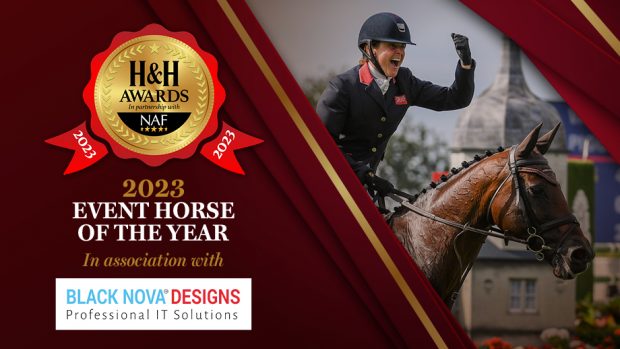Expert career advice on how to become an equine nutritionist
Nutrition is a technical subject which is easily confused. Nutritionists need to know and understand the role of nutrients in the horse and the consequences of excesses or deficiencies of these nutrients.
They should also know about feedstuffs and their feed value; about forages and how to grow them, as well as knowing the nutritive value of grass throughout the year and about weird and wonderful things like hydroponic grass.
A nutritionist should know the differences between hay, haylage and other dried forages and their use, the difference between good and bad crops, and be able to advise you accordingly.
Most importantly, nutritionists should be able to advise on effective diets for horses of all classes, troubleshooting diets that don’t work and advising the appropriate changes to feed and management required to overcome problems.Career tips
To become a nutritionist, you need the following qualities:
- Understand horses – it’s no good knowing the latest scientific research if you can’t relate it to individual horses
- Understand horse owners; again, you must be able to translate knowledge into a form owners can understand
- A good education; degrees are now de rigeur for nutritionists, brain power is required to understand exercise physiology, how nutrients work and plan research trials. However, on an advisory nutrition front, many non-degree holders are equally able if they have more horse and horse-owner experience
- Get experience – hassle companies for work experience, or work for feed suppliers.
Don’t miss Dr Ruth’s weekly column in Horse & Hound magazine, or click here to subscribe.
- Click here to read about life as a veterinary nurse.
- Click here to read about life as an animal physiotherapist.




